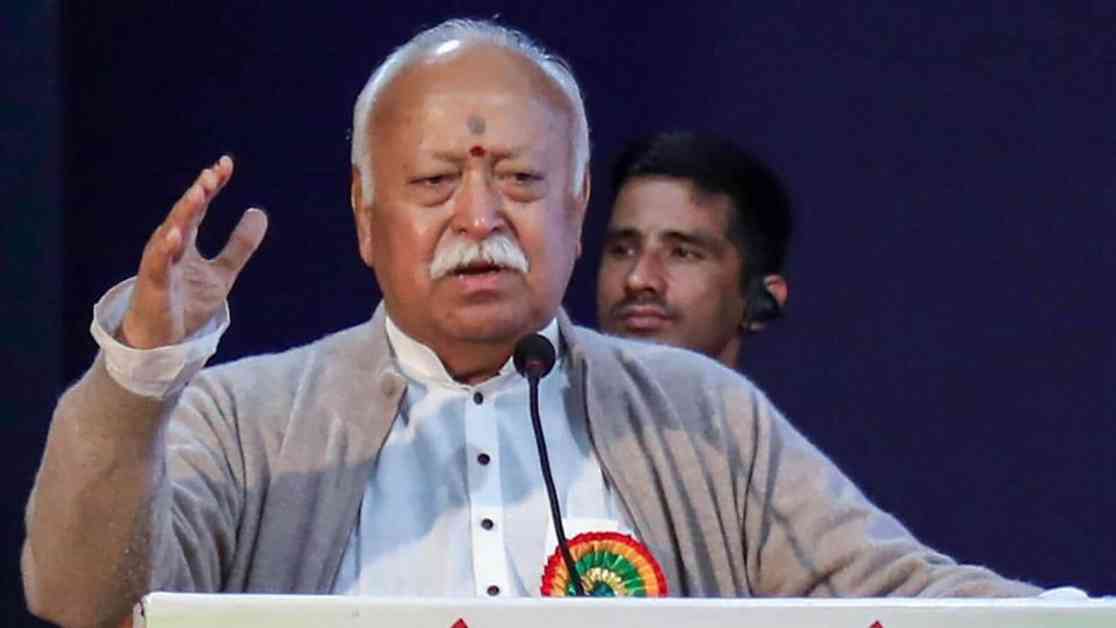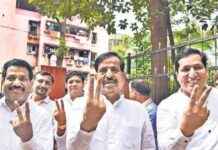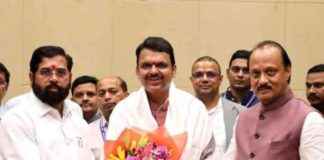RSS Chief Mohan Bhagwat Urges Couples to Have Three Children for Societal Stability
In a thought-provoking address at the ‘Kathale Kul (clan) Sammelan’ event in Nagpur, Rashtriya Swayamsevak Sangh (RSS) chief Mohan Bhagwat emphasized the importance of family structure as a fundamental element of society. He highlighted the concerning trend among young couples who are hesitant to have even one child, stressing the significance of maintaining a healthy population growth rate to prevent the risk of extinction.
The Urgency of Population Growth
Bhagwat raised awareness about the demographic science principle that when a society’s total fertility rate (TFR) drops below 2.1, it faces the threat of gradual disappearance. He expressed alarm over the decline in population growth leading to the extinction of languages and cultures, emphasizing the need for couples to consider having at least three children to sustain a viable replacement rate.
Current Population Trends in India
According to recent data from the National Family Health Survey, India’s TFR has decreased from 2.2 in 2015-16 to 2 during 2019-21, nearing the replacement rate. A global study published in The Lancet journal projected a further decline in India’s fertility rate to 1.29 and 1.04 by 2050 and 2100, respectively, reflecting a significant drop from historical levels.
Advocacy for Inclusive Population Control Policy
While discussing the broader implications of population decline, Bhagwat reiterated the RSS’s longstanding advocacy for a comprehensive population policy. He emphasized the need for a balanced approach that considers all societal sectors and addresses population imbalances between different communities, highlighting the importance of an inclusive strategy to ensure sustainable demographic growth.
As we reflect on Bhagwat’s remarks, it prompts us to consider the complex interplay between individual choices and societal well-being. The decision to have children is deeply personal, influenced by various factors such as financial stability, career aspirations, and environmental concerns. However, Bhagwat’s message serves as a reminder of the broader implications of declining population growth on cultural diversity and societal stability.
In a rapidly changing world where traditional family structures are evolving, finding a balance between personal autonomy and collective responsibility remains a pressing challenge. How can we navigate the delicate balance between individual choices and societal needs in shaping our demographic future? Bhagwat’s call for couples to consider having three children sparks a conversation about the role of family dynamics in shaping the fabric of our society.
As we grapple with these complex questions, it is essential to approach the issue with empathy, understanding the diverse perspectives that inform decisions about family planning. Whether we choose to have one child, three children, or none at all, each choice contributes to the rich tapestry of human experience. Bhagwat’s advocacy for population growth invites us to reflect on the profound impact of our choices on the collective well-being of future generations.




















